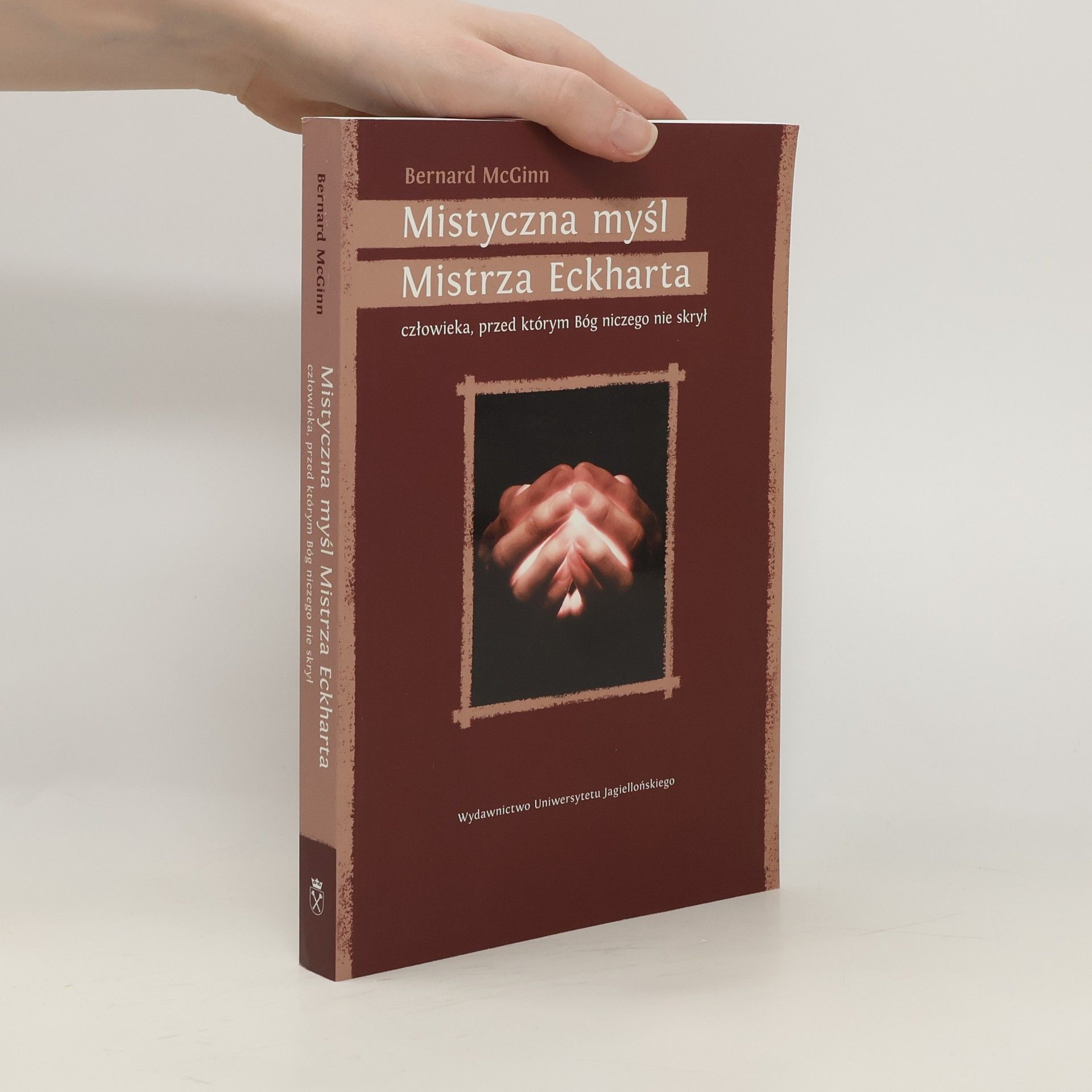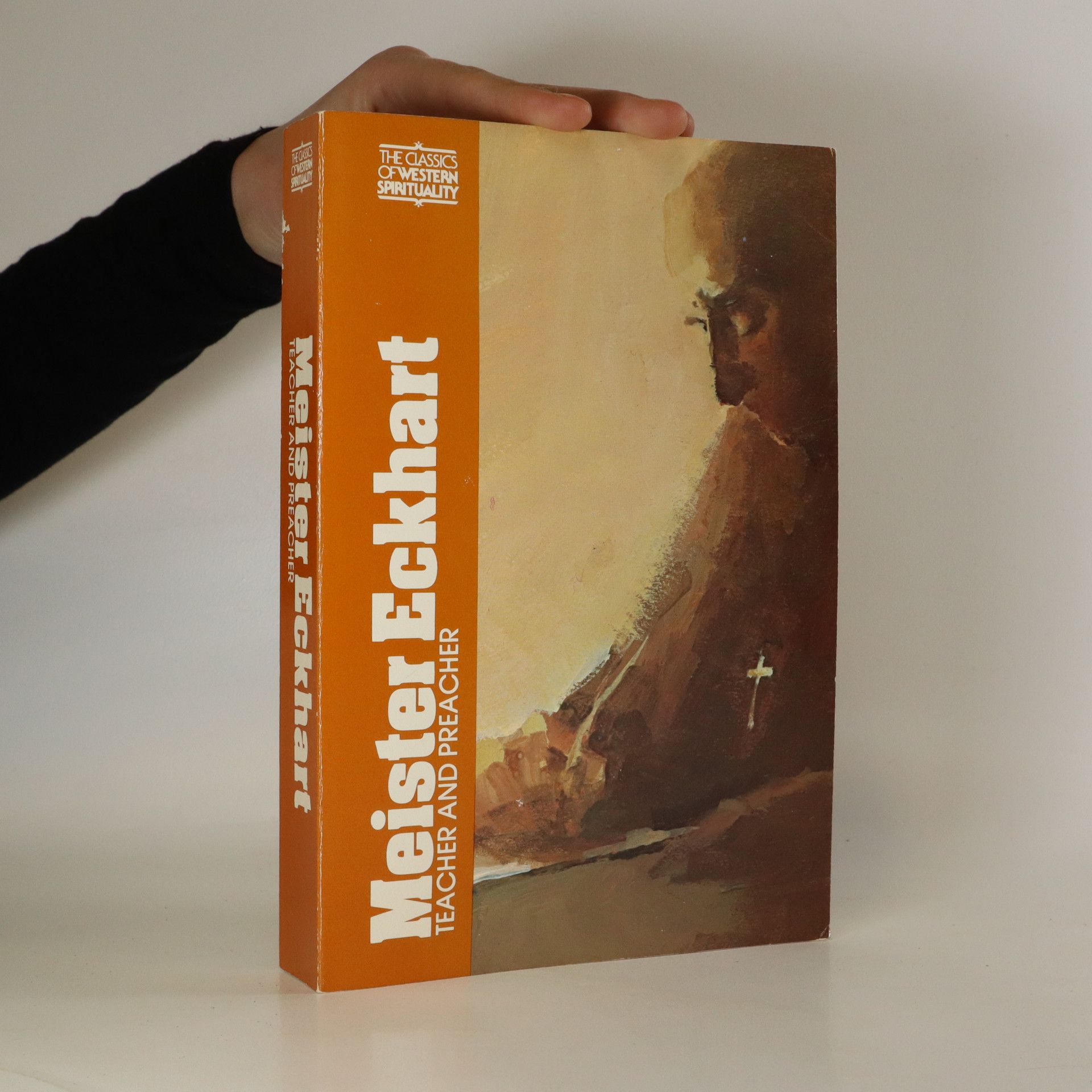The Persistence of Mysticism in Catholic Europe: France, Italy, and Germany 1500-1675, Part 3 Volume 6
- 500 pages
- 18 hours of reading
The Persistence of Mysticism in Catholic Europe is intended to complete the account of Early Modern mysticism of the period 1500-1650/1675 found in the Volume VI of The Presence of God. VI, Part 1 dealt with mysticism in the Reformation, while VI, Part 2 treated Spanish mysticism. This volume deals with the other Catholic areas, concentrating on France.



